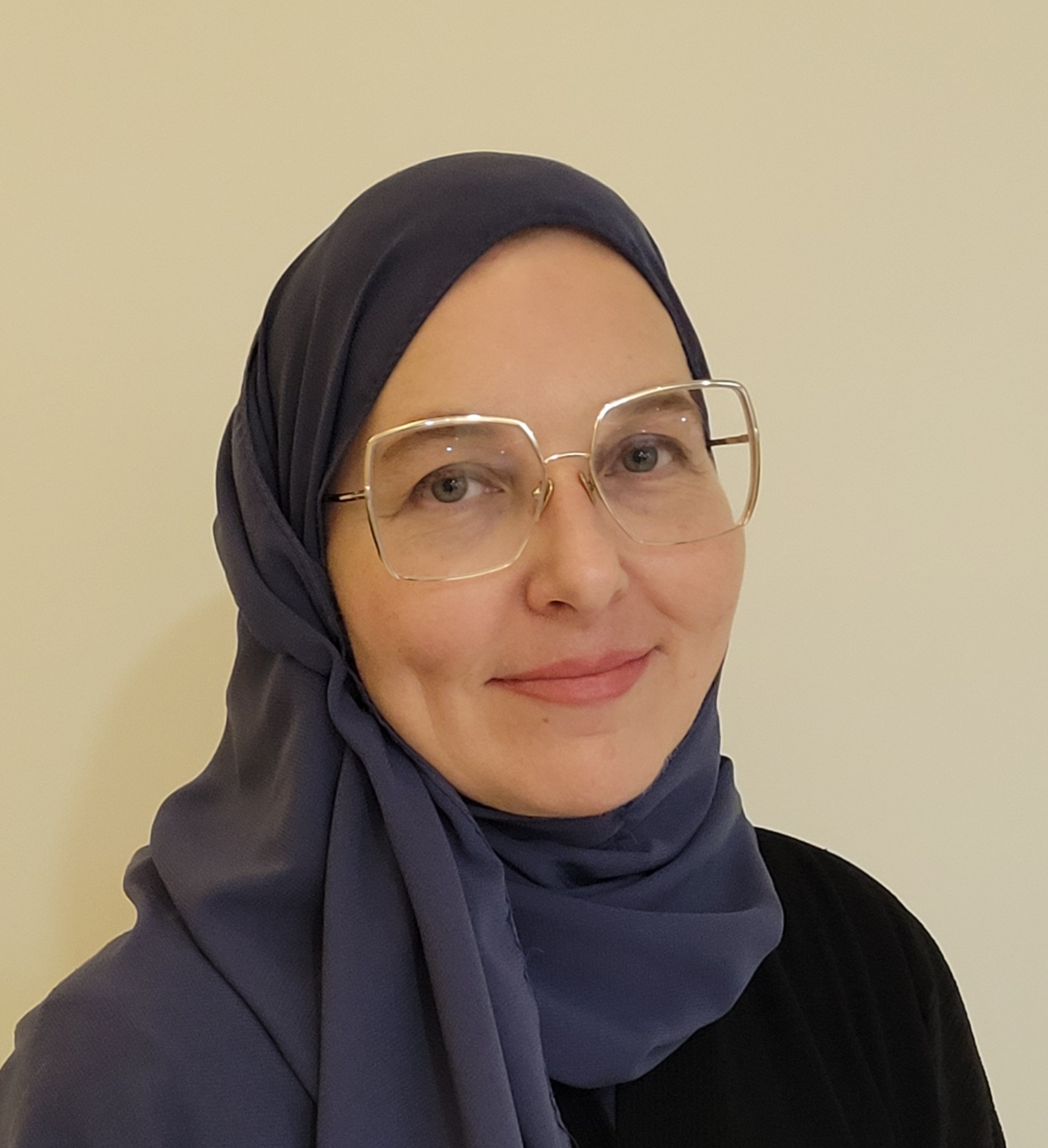| Abstract |
Communities in the Jazan mountains of southern Saudi Arabia experience language discrimination through an uneven distribution of the communication burden and the stigmatization of their way of speaking. This study examines how residents of Harūb, a community in the Jazan mountains, deal with marginality. Using a discourse analysis approach, this study explores how individuals in Harūb use linguistic and place-making resources to construct belonging through the discursive construction of the social category Badu. As forces of modernization have dislocated the communities in the Jazan mountains and positioned them in the margins, language and place have become increasingly meaningful. In response, through everyday communication, values connected to their traditional subsistence farming and shepherding lifestyle such as self-sufficiency and freedom are drawn on to imbue the mountains with these values. In turn, place becomes a symbol as well as a resource for defining Badu identity. Through engaging in the politics of belonging, constructing belongingness, and place-making, the people in Harūb put themselves back in |
| Year of Publication |
2022
|
| Book Title |
Language and Identity in the Arab World
|
| Publisher |
Taylor & Francis
|
| Download citation |
Publications
A Place to Belong: The Social Construction of Badu Identity in Jazan, Saudi Arabia

